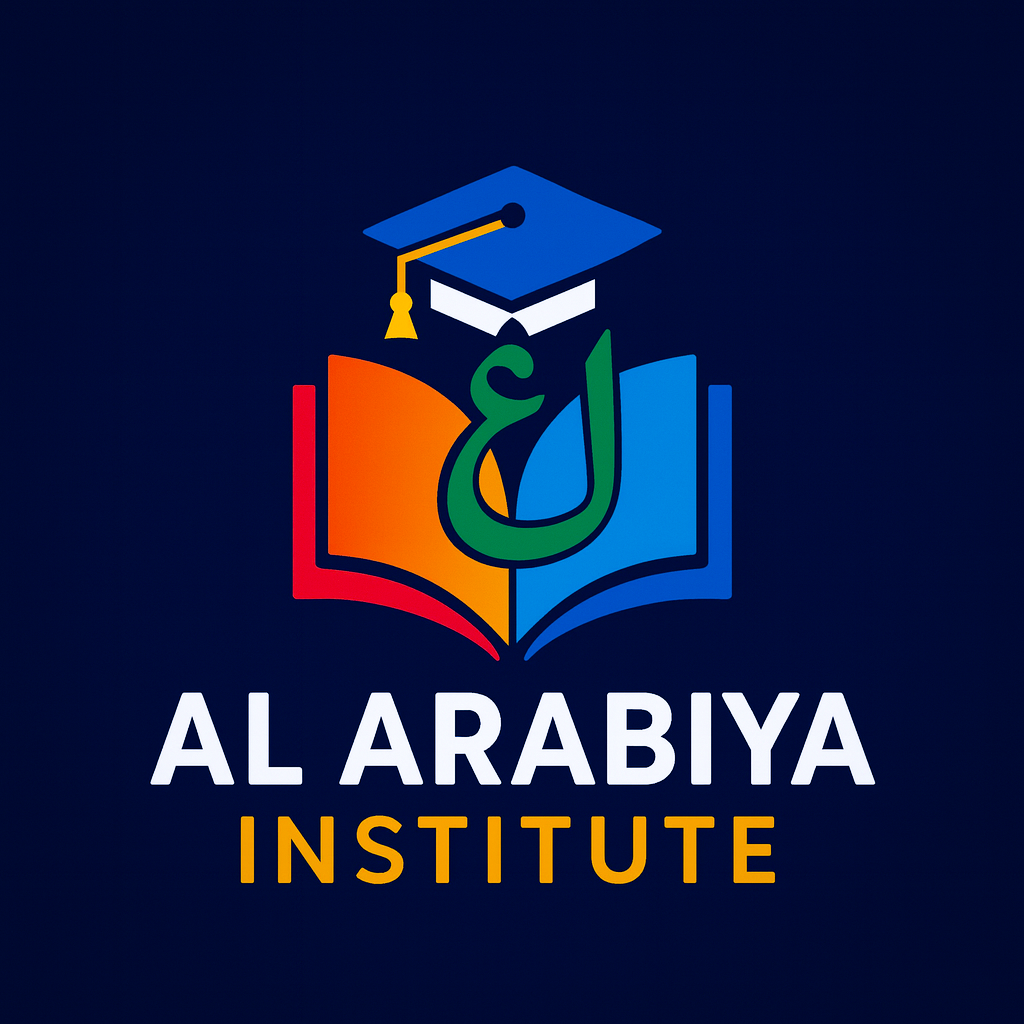Islamic Arabic: A Guide to Learning the Language of Islam

In today’s interconnected world, learning a new language is more than just a valuable skill—it can be a powerful tool for personal growth, cultural understanding, and deeper religious insight. For Muslims and non-Muslims alike, mastering Islamic Arabic is crucial for engaging with the rich Islamic heritage, including reading the Quran, understanding Islamic jurisprudence (Fiqh), and participating in prayers and religious activities. This guide will provide you with a comprehensive overview of Islamic Arabic, its importance, how to start learning, and the best resources to guide you on your journey.
What is Islamic Arabic?
Islamic Arabic refers to the form of Arabic used in religious contexts, particularly in Islamic texts such as the Quran, Hadith (sayings and actions of the Prophet Muhammad), Fiqh books, and other classical Islamic literature. It differs somewhat from modern colloquial Arabic spoken in various Arabic-speaking countries today. The language used in Islamic texts is often more formal, classical, and rich in religious terminology.
Learning Quranic Arabic is essential for anyone who wants to understand the deeper meanings of Islamic texts and engage in the religious practices that are central to the faith. While modern Arabic is spoken widely across the Arab world, Arabic for Islamic studies remains the standard for religious discourse, making it indispensable for Muslims who wish to connect with their faith in a deeper way.
Why Learn Islamic Arabic?
-
Understanding the Quran
The Quran, the holy book of Islam, was revealed in Islamic Arabic, and its original text has remained unchanged for over 1,400 years. While translations exist, they cannot fully capture the depth, beauty, and nuances of the original language. By learning Arabic for Islamic studies, you gain direct access to the Quran in its original form, enabling you to appreciate its meaning more profoundly. -
Engagement with Islamic Traditions
Islamic Arabic is key to understanding the Hadiths, the sayings and actions of Prophet Muhammad, which serve as a foundation for Islamic law and ethics. Mastery of Islamic Arabic opens doors to an extensive library of Islamic literature, including classical Fiqh texts, scholarly commentary, and tafsir (Quranic exegesis). -
Cultural and Religious Enrichment
Arabic is not just a language but a bridge to the rich Islamic culture. From understanding Islamic poetry and historical texts to engaging in religious rituals such as prayer (Salah) and reading supplications (duas), Quranic Arabic enhances your connection to the global Muslim community and its traditions. -
Personal Spiritual Growth
Learning Islamic Arabic helps you connect with your spirituality on a deeper level. Whether you are seeking to understand the meanings behind your prayers or engage in personal supplications (dua) in their original language, understanding Islamic Arabic allows you to communicate with Allah (SWT) with greater sincerity and clarity.
How to Learn Islamic Arabic
Learning Islamic Arabic can seem challenging, especially if you are new to the Arabic language. However, with the right approach, dedication, and resources, you can begin mastering it. Here are some essential steps:
-
Start with the Basics of Arabic
If you are completely new to Arabic, it’s important to first build a strong foundation in Modern Standard Arabic (MSA), which shares much of the vocabulary and grammar with Islamic Arabic. Once you are comfortable with basic Arabic, you can move on to more specialized texts in Arabic for Islamic studies. -
Focus on Quranic Arabic
One of the best ways to learn Islamic Arabic is through the Quran. Many online courses, books, and tutorials focus specifically on Quranic Arabic. By learning the vocabulary, grammar, and sentence structures of Quranic Arabic, you will gain the ability to read and understand the Quran directly. -
Take Islamic Arabic Courses
Structured courses designed specifically for Islamic Arabic are an excellent way to build your knowledge. These courses usually focus on key areas like Quranic grammar, vocabulary, and syntax, as well as Islamic texts that are central to the religion. -
Practice Regularly
As with any language, consistency is key. Practice reading, writing, and speaking Islamic Arabic regularly. Reciting Quranic verses in prayer, listening to Arabic lectures, and engaging with other learners can significantly improve your skills. -
Use Islamic Arabic Dictionaries and Resources
Invest in resources like bilingual dictionaries, textbooks, and online platforms focused on Islamic Arabic. These tools will help you better understand the language’s complexities, including its unique syntax, grammar, and rich vocabulary.
Common Challenges in Learning Islamic Arabic
While learning Arabic for understanding Islam is a rewarding endeavor, there are a few common challenges that learners may encounter:
-
Complex Grammar and Vocabulary
Quranic Arabic has its own set of grammatical rules and vocabulary, which can be quite different from modern conversational Arabic. Mastering these rules takes time and effort, but with consistent practice, they will become more familiar. -
Differences in Dialects
Modern Arabic has numerous dialects, and Islamic Arabic differs from these in both vocabulary and style. While regional dialects focus on spoken communication, Islamic Arabic focuses on formal, classical expressions, which can be challenging for those used to casual Arabic. -
Understanding Classical Arabic Literature
Many classical Islamic texts are written in old Arabic, which can be difficult for beginners. It’s essential to approach these texts with patience and perhaps consult a teacher or mentor who specializes in Islamic Arabic to help break down these complex writings.
Best Resources for Learning Islamic Arabic
If you’re serious about learning Islamic Arabic, one of the best ways to get started is by enrolling in an online course. Online platforms provide structured, comprehensive lessons and can help you advance in your studies from the comfort of your home. One such platform is Al Arabiya Institute.
Al Arabiya Institute offers a variety of online Arabic courses, including courses specifically tailored to Islamic Arabic. Whether you’re a beginner or an advanced student, Al Arabiya Institute provides personalized lessons, expert guidance, and flexible schedules to suit your learning needs. They offer free trial lessons, allowing you to get a feel for the courses before committing to a full program.
With its competitive pricing and professional instructors, Al Arabiya Institute is one of the best resources for anyone looking to learn Arabic online. Whether you’re looking to improve your Quranic Arabic or dive deeper into classical Islamic texts, Al Arabiya Institute offers everything you need to succeed in your Arabic learning journey.
Conclusion
Mastering Islamic Arabic is a deeply rewarding journey for those who wish to engage more deeply with their faith, understand the Quran and Islamic texts, and connect with the broader Muslim community. While the process can be challenging, it is undoubtedly enriching for spiritual, intellectual, and personal growth.
If you’re ready to take the next step in your journey to learning Islamic Arabic, consider enrolling in a course at Al Arabiya Institute. With their expert instructors and affordable courses, you’ll be on the path to mastering Islamic Arabic in no time.
👉 Visit Al Arabiya Institute and book your free trial lesson now!








